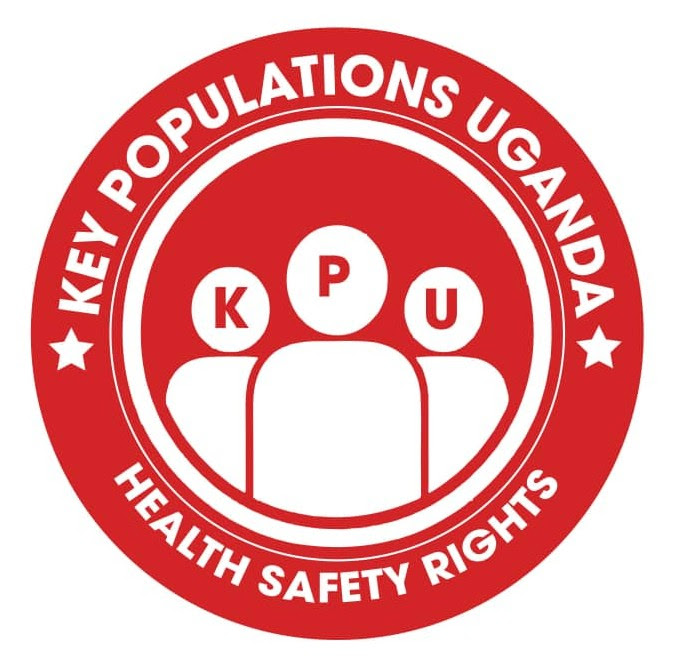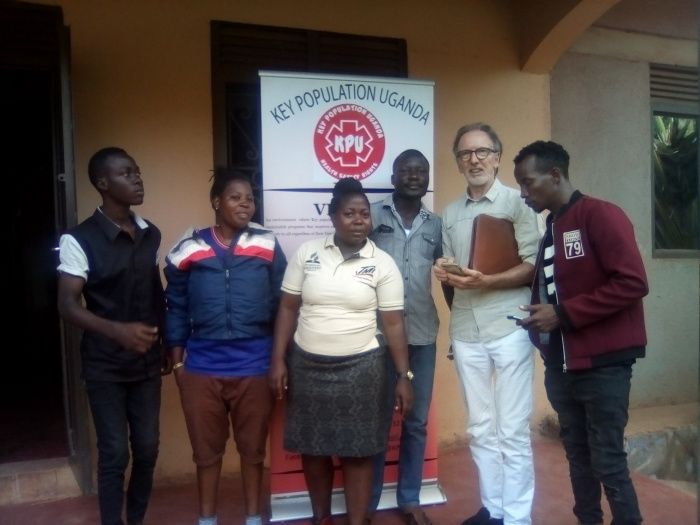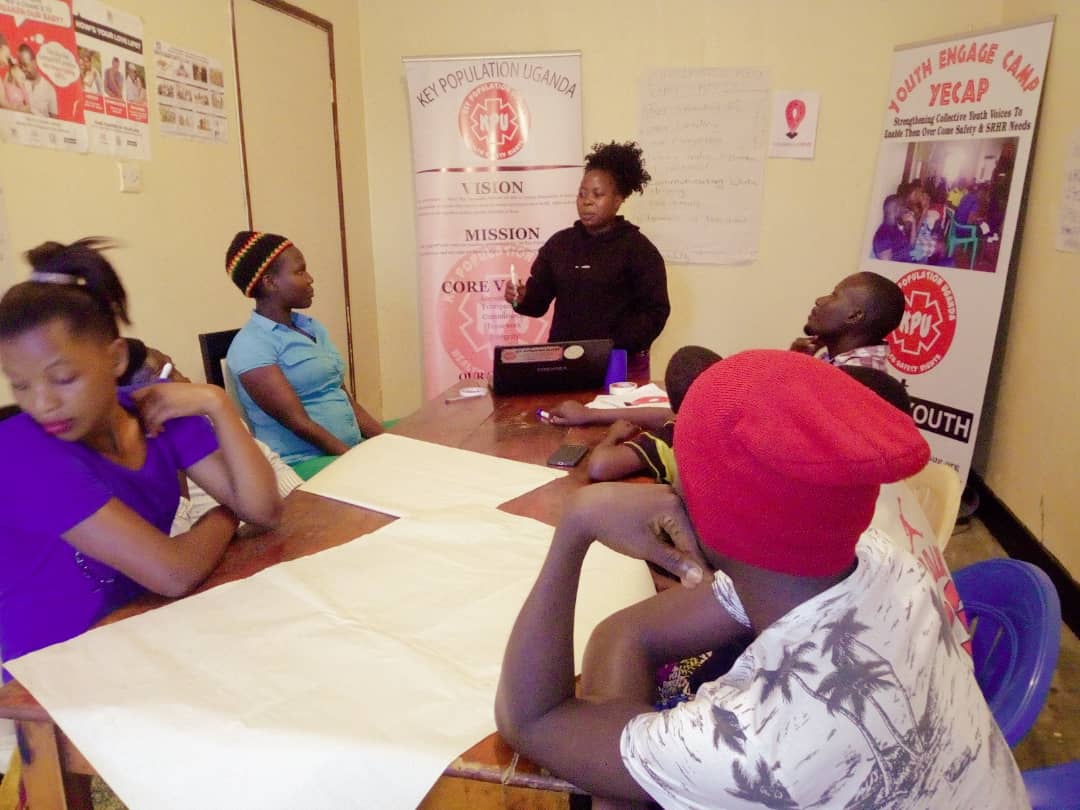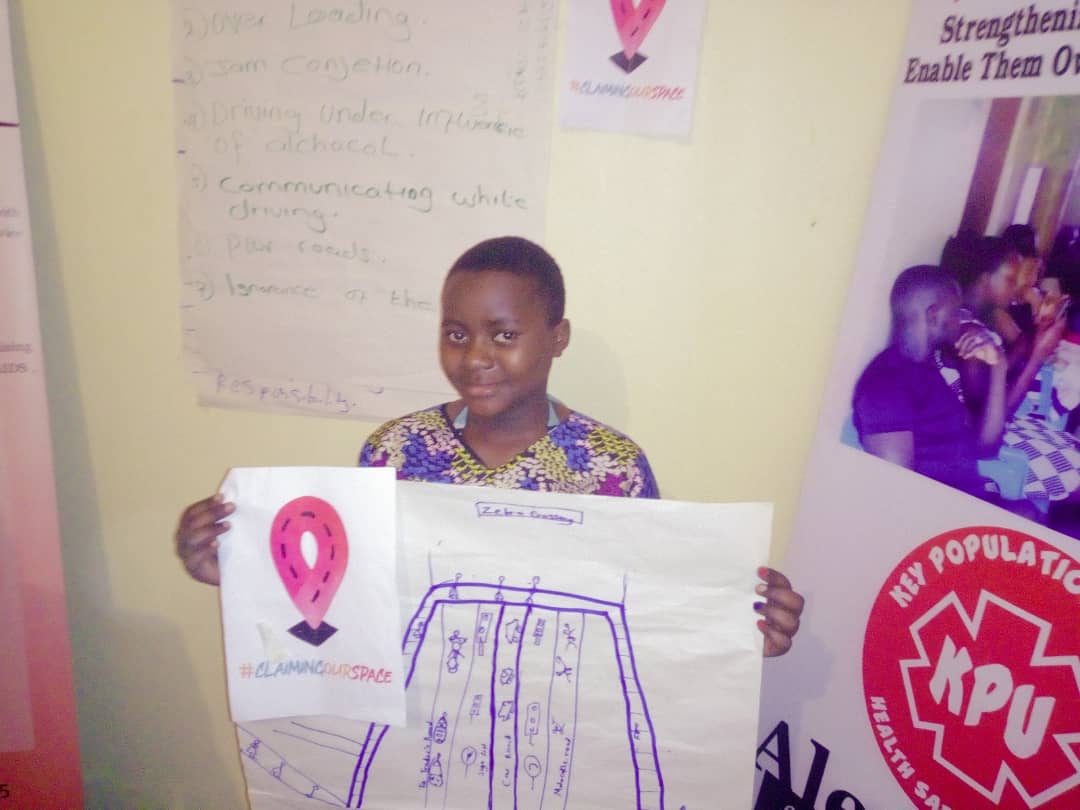Blog
HIV is spread only in certain body fluids from a person infected with HIV. These fluids are blood, semen, pre-seminal fluids, rectal fluids, vaginal fluids, and breast milk. HIV is spread mainly by having sex or sharing injection drug equipment, such as needles, with someone who has HIV.
To reduce your risk of HIV infection, use condoms correctly every time you have vaginal, oral, or anal sex.
Don’t inject drugs. If you do, use only sterile injection equipment and water and never share your equipment with others.
If you don’t have HIV but are at high risk of becoming infected with HIV, talk to your health care provider about pre-exposure prophylaxis (PrEP). PrEP involves taking a specific HIV medicine every day to reduce the risk of HIV infection.











